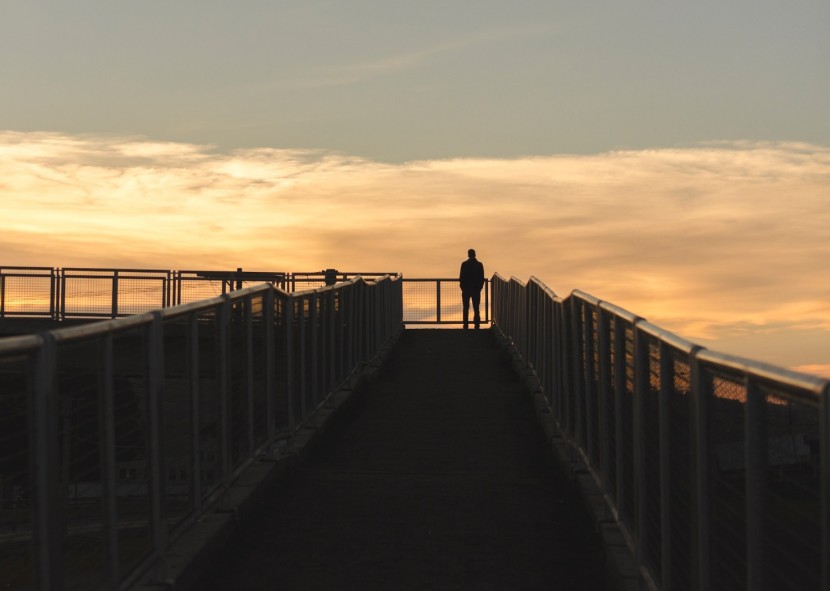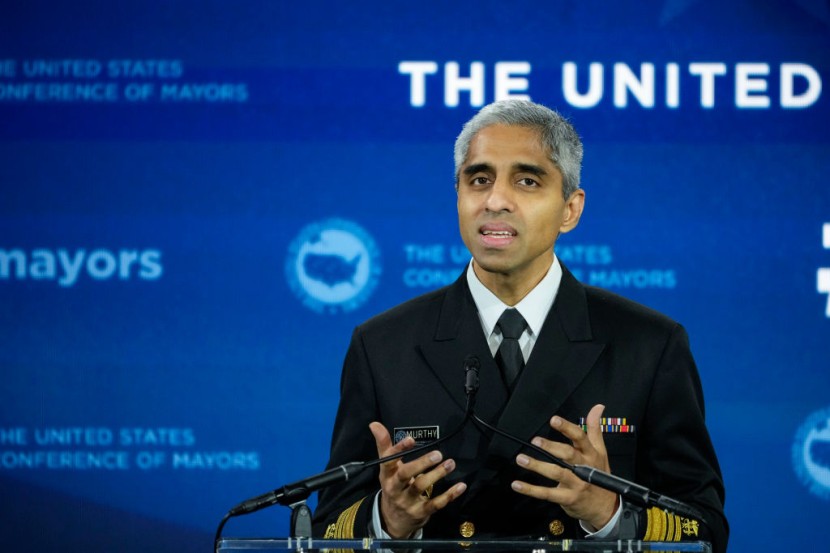
US Surgeon General Vivek H. Murthy encourages Americans to spend more time with each other in an increasingly fragmented and digital culture. He presented a warning on Tuesday, May 2, calling loneliness a profound public health threat on par with smoking and obesity.
Murthy claims that 50% of United States adults are lonely, as ABC News reported. This has negative effects on both mental and physical health, including an increased risk of depression, anxiety, and, more shockingly, cardiovascular disease, stroke, and dementia.
To "mend the social fabric of our nation," he urges that people teach children how to form positive bonds with others, spend more time in person with family and friends, and communicate more with coworkers.
A Deadly Threat
According to The Guardian, the study referenced in the recommendation found that between 2003 and 2020, people spent 20 fewer hours per month socializing with friends while spending 24 more hours per month on their own. As Americans stayed indoors due to the coronavirus pandemic, experts believe these tendencies sped up.
Murthy wants everyone to see the serious danger social isolation poses to public health. And that danger is potentially deadly.
A meta-analysis of studies on the topic of social connection found that the risk of premature mortality caused by a lack of social connections was higher than that caused by being overweight or physically inactive. In addition, those who have strong social networks tend to have a longer lifespan.
Experts claim that being lonely may lead to persistent stress, which can damage tissues and blood vessels and is linked to chronic diseases. Isolation and strained relationships may make it more challenging to stick to or establish lifelong healthy routines like regular exercise and a balanced diet.

What to do?
In a report by The Washington Post, Vivek H. Murthy wrote a book on the subject released at the outset of the covid pandemic. He has spent years advocating for the treatment of loneliness as a public health concern.
Now, he is calling for a nationwide campaign to combat loneliness by speaking openly about his personal struggles with isolation.
The federal government, according to Murthy, should pay for studies on loneliness to learn more about the issue and find effective ways to combat it. He also advocated for governments at all levels to make policies that promote citizens' ability to engage with one another, such as creating more walkable neighborhoods.
Murthy suggests that healthcare practitioners test patients for loneliness and that insurers offer to fund programs that teach individuals how to build good connections as a sort of preventative care.
Technology businesses, schools, and workplaces are all encouraged to work together toward the same objectives of enhancing social interaction and decreasing isolation, as suggested by the loneliness advisory.








